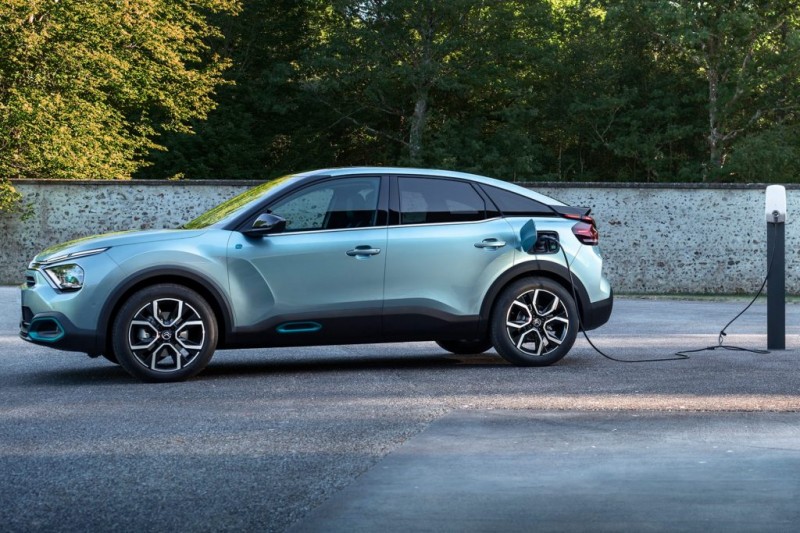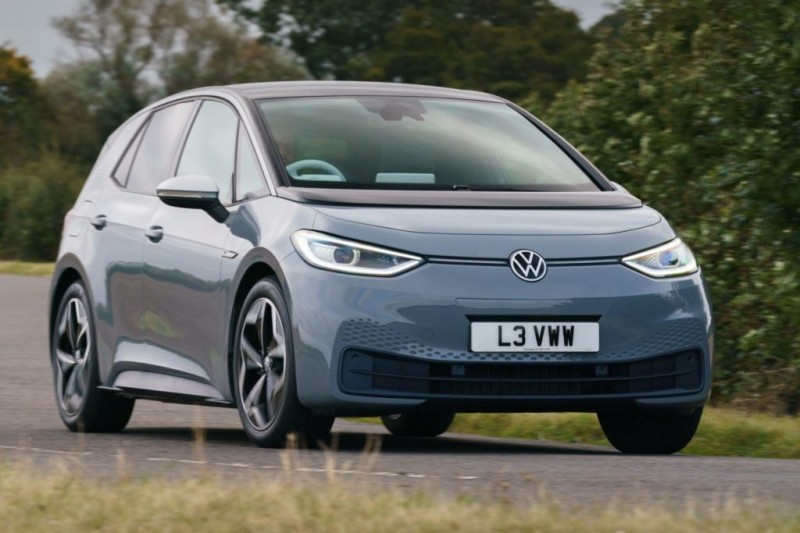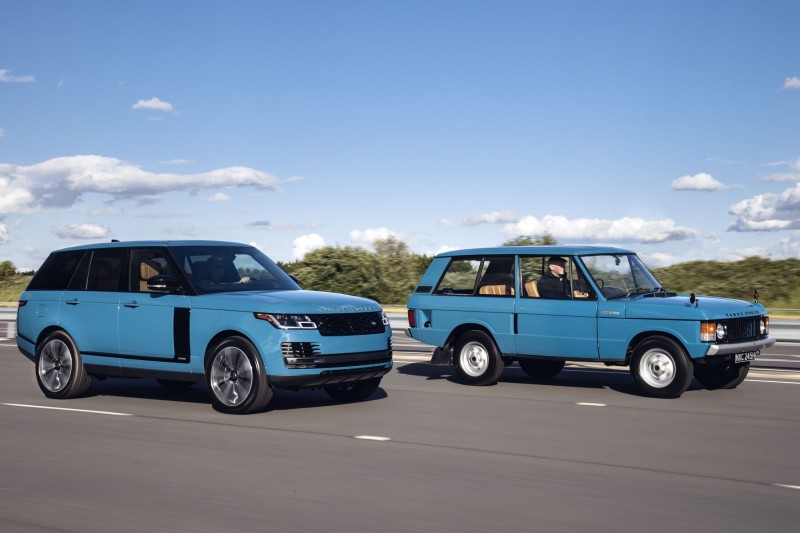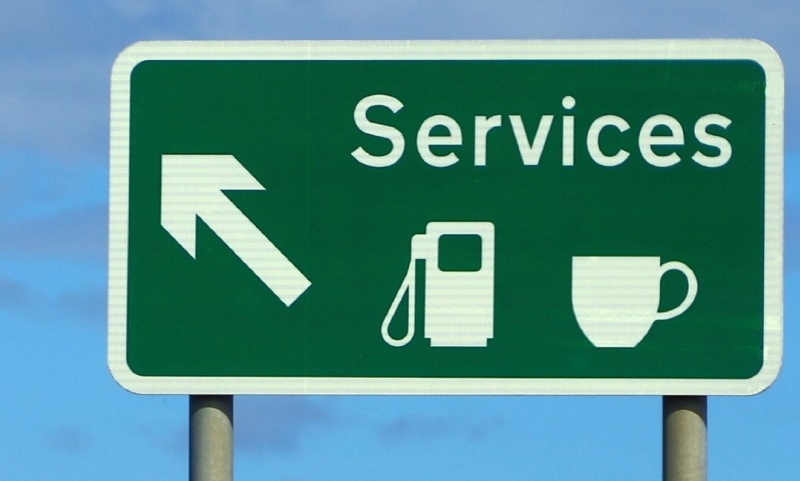
Despite all the challenges of the pandemic, 2020 was a landmark year when it came to sales of battery electric vehicles with twice as many sold last year compared to 2019, and a total of more than 200,000 registered since 2010.
The RAC’s analysis of new figures from the Society of Motor Manufacturers and Traders (SMMT) shows December alone saw more zero-emissions vehicles registered than ever in a single month – 21,914.
In total in 2020, 108,205 battery-electric vehicles were sold, making them more popular than plug-in hybrid models (66,879 registered) and only a little less popular than conventional (non-plug-in) hybrids (110,087 registered) – although all electrified types of vehicles still saw record high sales in 2020 when compared to previous years.
Though starting from a lower base, the growth in electric car sales is impressive, with 6.6% of all new vehicles registered in 2020 being zero-emission, up from just 1.6% in 2019 and 0.7% in 2018. This means that getting on for a fifth of all cars registered last year (17.5%) were zero-emissions capable – up from just 7.4% in 2019.

“The end to an unexpected and, from the motor industry’s perspective unwanted 2020, saw record sales of battery-electric vehicles, providing evidence that, from small beginnings, momentum is now gathering pace,” said RAC data insight spokesman Rod Dennis.
“There’s a long way to go, with only a tiny fraction of the total 31.2m cars on the UK’s roads fully zero-emission, but the direction is becoming clear.
“The sight of more electric vehicles on our roads, many sporting number plates with the new ‘trademark’ green flash, might begin to make drivers who are considering changing their car look into whether ‘going electric’ makes sense for them.
“Issues around charging infrastructure aside, it’s the cold hard economics of buying or leasing a car that might yet hold them back with pure electric cars continuing to command a premium list price over their petrol and diesel equivalents.”






